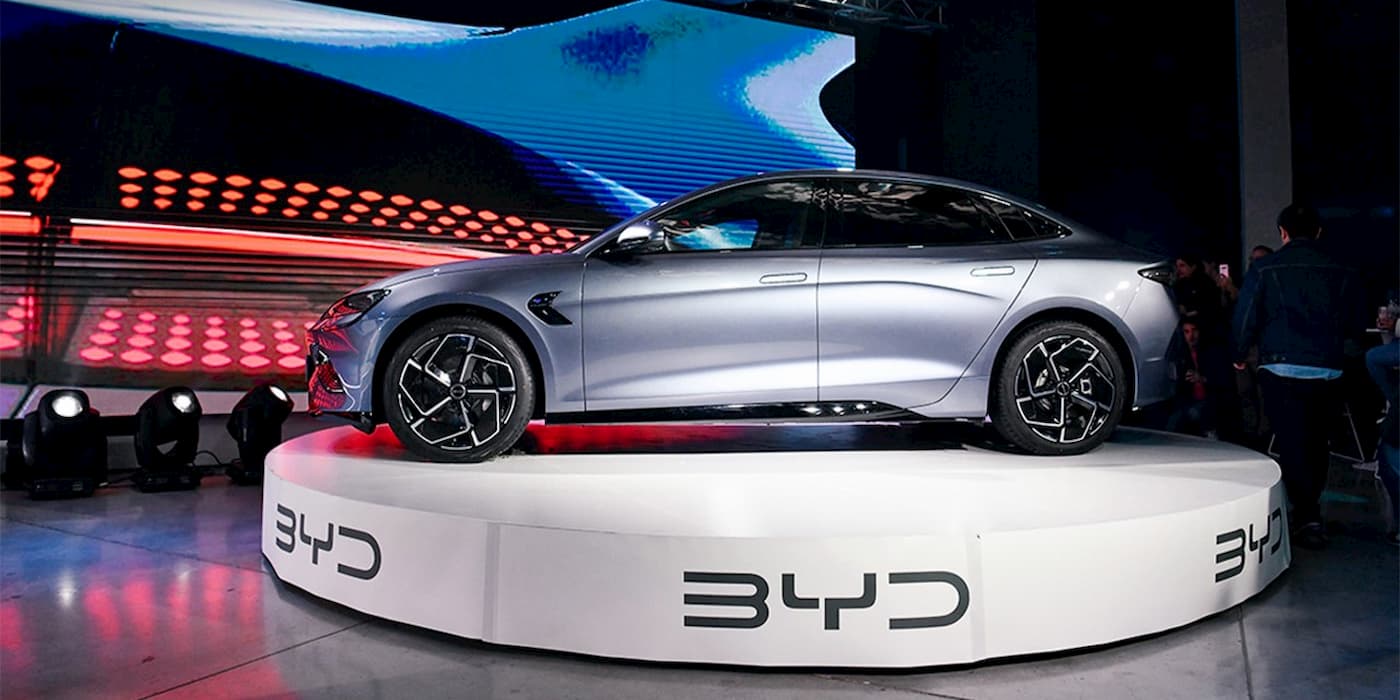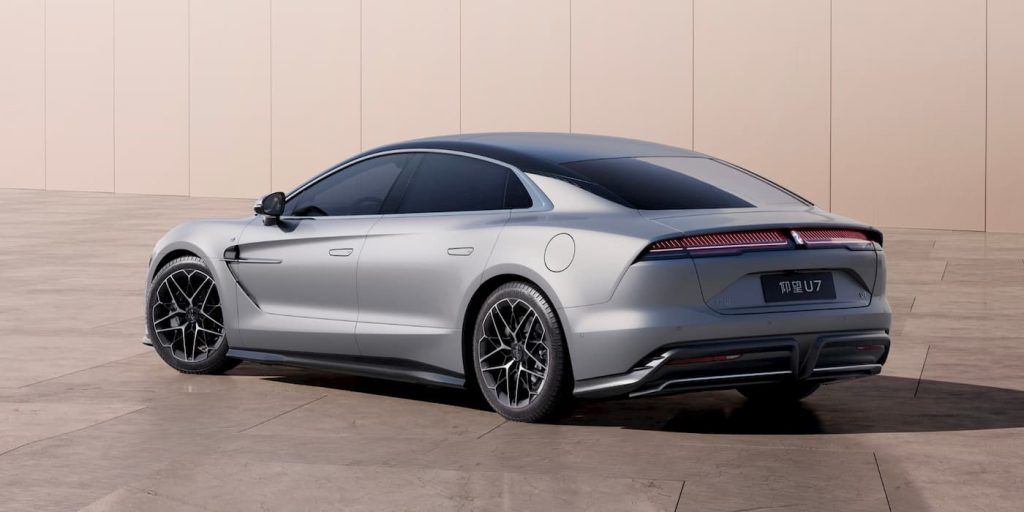
After a record EV sales year, BYD expects to rake in at least $4 billion in net income. BYD forecasts its profits rising at least 75% last year.
BYD expects at least $4 billion in 2023 net income
BYD sold nearly 1.6 million EVs last year, up 73% from the 911,000 sold in 2022. In the last three months of the year, the Chinese automaker overtook Tesla as the largest global EV maker as it expanded the brand.
The company released estimated 2023 financial results, indicating between $4 billion (29 billion yuan million) and $4.4 billion (31 billion yuan) in net income. This would represent between 75% and nearly 87% growth over 2022 as EV adoption climbs.
Despite the growth, BYD’s stock is slipping after missing analyst expectations of around $4.5 billion (31.5 billion yuan).
After dominating its home market and the world’s largest for EVs, BYD is quickly expanding overseas.
BYD is already leading in growing EV markets like Thailand, Brazil, and Columbia. It also recently launched new models in Europe, Mexico, Australia, India, and others.

The company, which started as a battery maker, is expanding the brand with affordable EVs like the Dolphin electric hatch and Atto 3 (Yuan Plus in China) SUV.
Although BYD has established itself as a low-cost EV maker, it’s expanding into new segments. It launched the high-end Yangwang brand last year. The brand’s first vehicle, the U8 off-roader, launched in September. It includes four electric motors for over 1,200 horsepower. However, the starting price is over $150,000 (1,098,000 RMB).

BYD revealed another premium EV, the Yangwang U7, earlier this month. With over 1,000 horsepower, the electric sports sedan is poised to rival Tesla’s Model S Plaid. The price tag is expected to be around $140,000 (1 million RMB).
Electrek’s Take
Although BYD is projected to slightly miss expectations, 75% bottom line growth is nothing to scoff at.
Many reports overlook the EV industry’s surging growth due to even higher expectations. Meanwhile, EV sales will continue climbing globally, and leaders like BYD are doubling down with new models in key segments like compact, affordable, mid-size SUVs, sedans, and now luxury.
With most components built in-house, BYD has an advantage over many rivals. It even outsources its batteries to Tesla, Toyota, Hyundai, Kia, Ford, and several others.
Source: Bloomberg / BYD
FTC: We use income earning auto affiliate links. More.



Comments